The Donald Trump-Stormy Daniels case: a story of sex, money and power
Hush money trial is about 'Trump lying his way into office' in 2016, says one critic
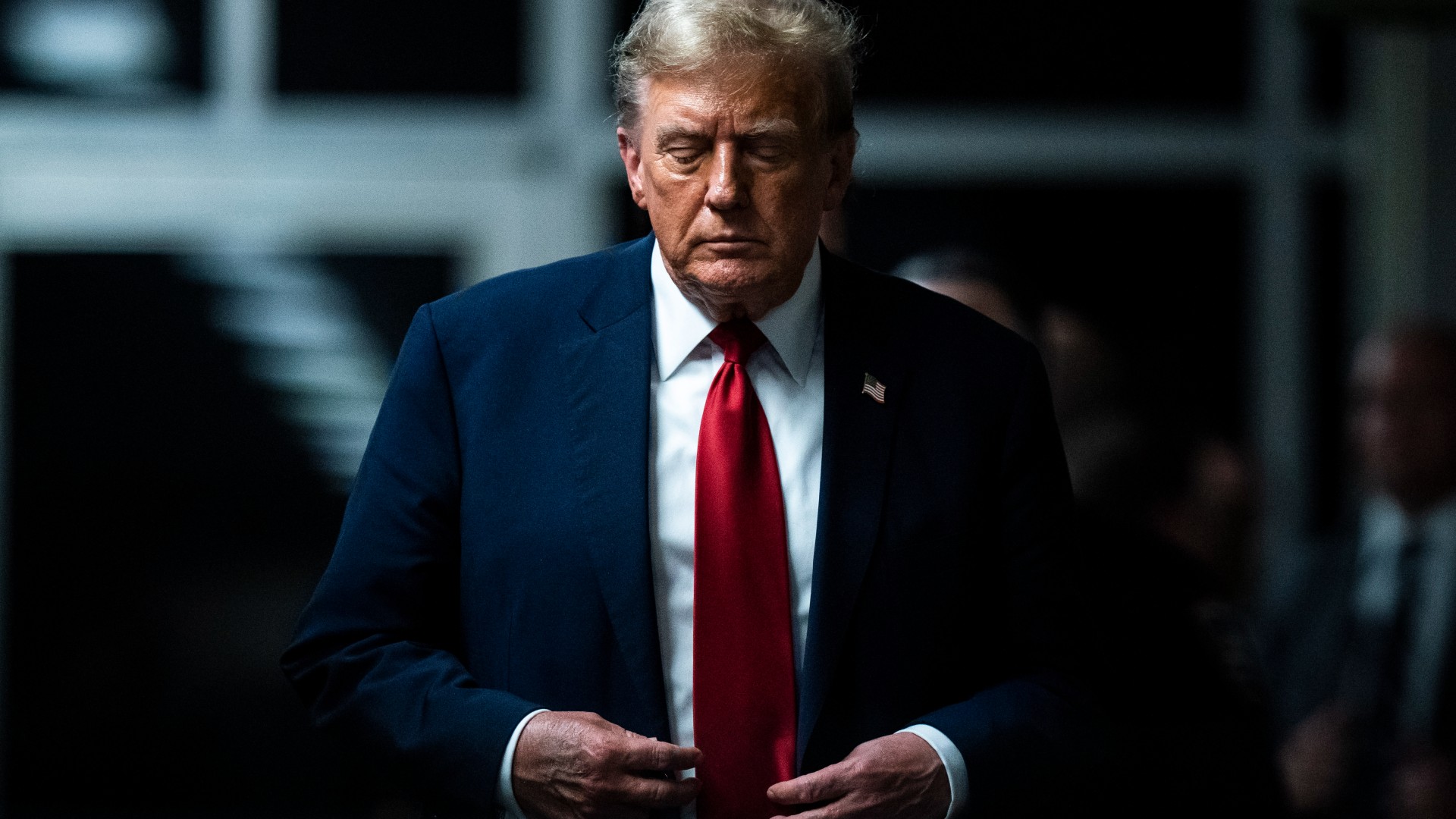
A free daily email with the biggest news stories of the day – and the best features from TheWeek.com
You are now subscribed
Your newsletter sign-up was successful
Jury selection has begun in the first ever criminal trial of a former US president, with Donald Trump accused of 34 counts of falsifying business records.
Dubbed Trump's "Trial of the Century" by The New Yorker, the case relates to a hush-money payment made to adult film star Stormy Daniels, to cover up an alleged affair she had with him in 2006.
"Far from being about sex or small-time fraud," said Jeffrey Abramson on CNN, "it is about Trump's alleged attempt to win the 2016 presidential election by burying a last-minute story that could have cost him votes."
The Week
Escape your echo chamber. Get the facts behind the news, plus analysis from multiple perspectives.

Sign up for The Week's Free Newsletters
From our morning news briefing to a weekly Good News Newsletter, get the best of The Week delivered directly to your inbox.
From our morning news briefing to a weekly Good News Newsletter, get the best of The Week delivered directly to your inbox.
What is Trump accused of?
The allegations date back to the months before the 2016 US presidential election. Following the release of the infamous "Access Hollywood" tape (in which Trump could be heard boasting about grabbing women by the genitals), Daniels' agent contacted the National Enquirer about the alleged affair in 2006, when he was married to his current wife Melania.
With attention focused on Trump's relationships with and attitude towards women, the magazine's editor contacted Trump's friend and lawyer Michael Cohen, who according to Daniels (real name Stephanie Clifford), negotiated a $130,000 fee to buy her silence. Cohen, it is claimed, paid the fee himself and was reimbursed by the Trump Organization in instalments identified on company records as "retainer" payments for "services rendered".
Cohen was sentenced to three years in prison after pleading guilty to campaign finance violations in 2018 related to the payments. He said that he had coordinated with Trump to pay Daniels and a former Playboy model, Karen McDougal, who received $150,000 from the National Enquirer and also claims to have had an affair with Trump.
The case has become known as the "Stormy Daniels hush-money case", which has "made it easier for the public to dismiss, because it seems like small potatoes" said The New Yorker. But "the argument that the prosecutors have made in court filings is focused on something closer to election interference".
A free daily email with the biggest news stories of the day – and the best features from TheWeek.com
Manhattan District Attorney Alvin Bragg claims this was part of a scheme to "conceal damaging information and unlawful activity from American voters before and after the 2016 election". Prosecutors argue that Trump could have lost the election had the Daniels revelations been made public, so "the case is about Trump lying his way into office", said The New Yorker.
Trump's lawyers say the payment was meant to spare him and his family embarrassment, not to help him win the election. He has denied all 34 counts against him and has also denied having sexual encounters with the two women.
What will it mean for Trump?
Most legal experts believe it is an open and shut case, but "the verdict may well depend on whether the jury of 12 understands the gravity of the matter", said Abramson. "The case will require jurors to focus on the actual charges and not become distracted by the tawdry sexual details surrounding the case."
The big unknown is the jury, with just one required to dissent to trigger a mistrial. In a state that voted overwhelming against Trump, finding 12 people and six alternates deemed impartial by both the defence and prospection could prove difficult.
The first day ended with no jury members being seated after they were subject to a 42-question survey that asked them about their news habits, whether they had ever attended a Trump rally, as well as hobbies and ability to travel. More than half of the first group of jurors available were excused, said The Times, after telling the judge they could not be fair and unbiased.
Jury selection could take up to two weeks because of the large pool of prospective jurors, said NBC News. With the trial expected to last for several months, and Trump required to be present in court most days, it will have a serious impact on his presidential campaign schedule.
In the Republican primaries, Trump used his legal woes to "cast himself as a victim, which fired up support among GOP voters and boosted fundraising", said Fox News. The former president is expected to "continue his practice of grabbing the media spotlight – both on cable news and online – with his courtroom arrivals and departures, by holding impromptu press conferences".
Leaving court on Monday, Trump told reporters: "It's a scam. It's a political witch hunt. It continues, and it continues forever. We are not going to be given a fair trial and it is a very sad thing."
"Trump's current legal limbo – charged but not yet on trial, repeatedly denying the evidence and accusations laid out against him by prosecutors – won't, on its own, doom his chances of winning back the White House", said ABC News. But NBC News polls have also indicated that a conviction could be a "game changer" for him.
-
 How the FCC’s ‘equal time’ rule works
How the FCC’s ‘equal time’ rule worksIn the Spotlight The law is at the heart of the Colbert-CBS conflict
-
 What is the endgame in the DHS shutdown?
What is the endgame in the DHS shutdown?Today’s Big Question Democrats want to rein in ICE’s immigration crackdown
-
 ‘Poor time management isn’t just an inconvenience’
‘Poor time management isn’t just an inconvenience’Instant Opinion Opinion, comment and editorials of the day
-
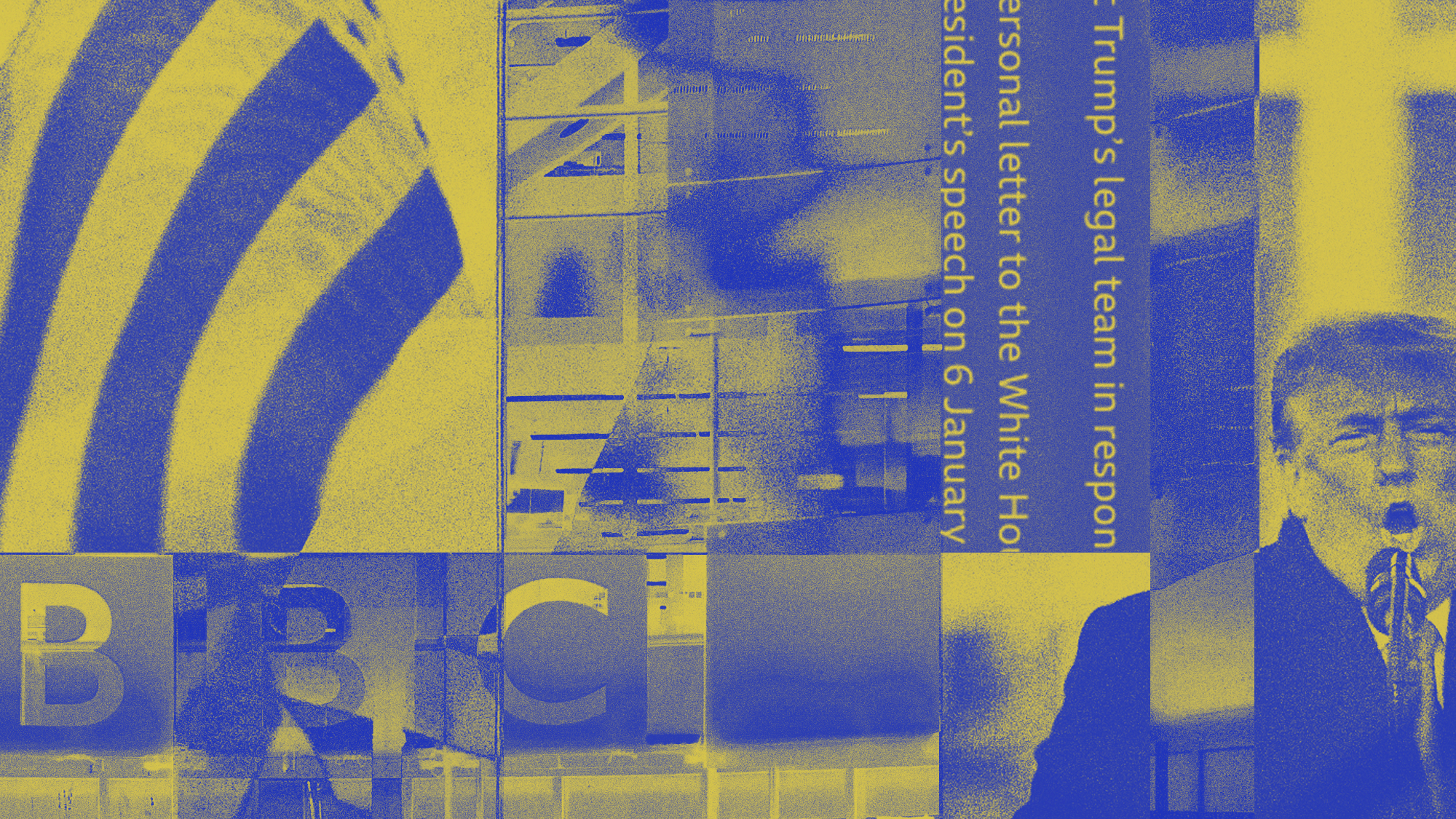 Trump vs. BBC: what’s at stake?
Trump vs. BBC: what’s at stake?The Explainer The US president has filed a $10 billion lawsuit over the editing of Panorama documentary, with the broadcaster vowing to defend itself
-
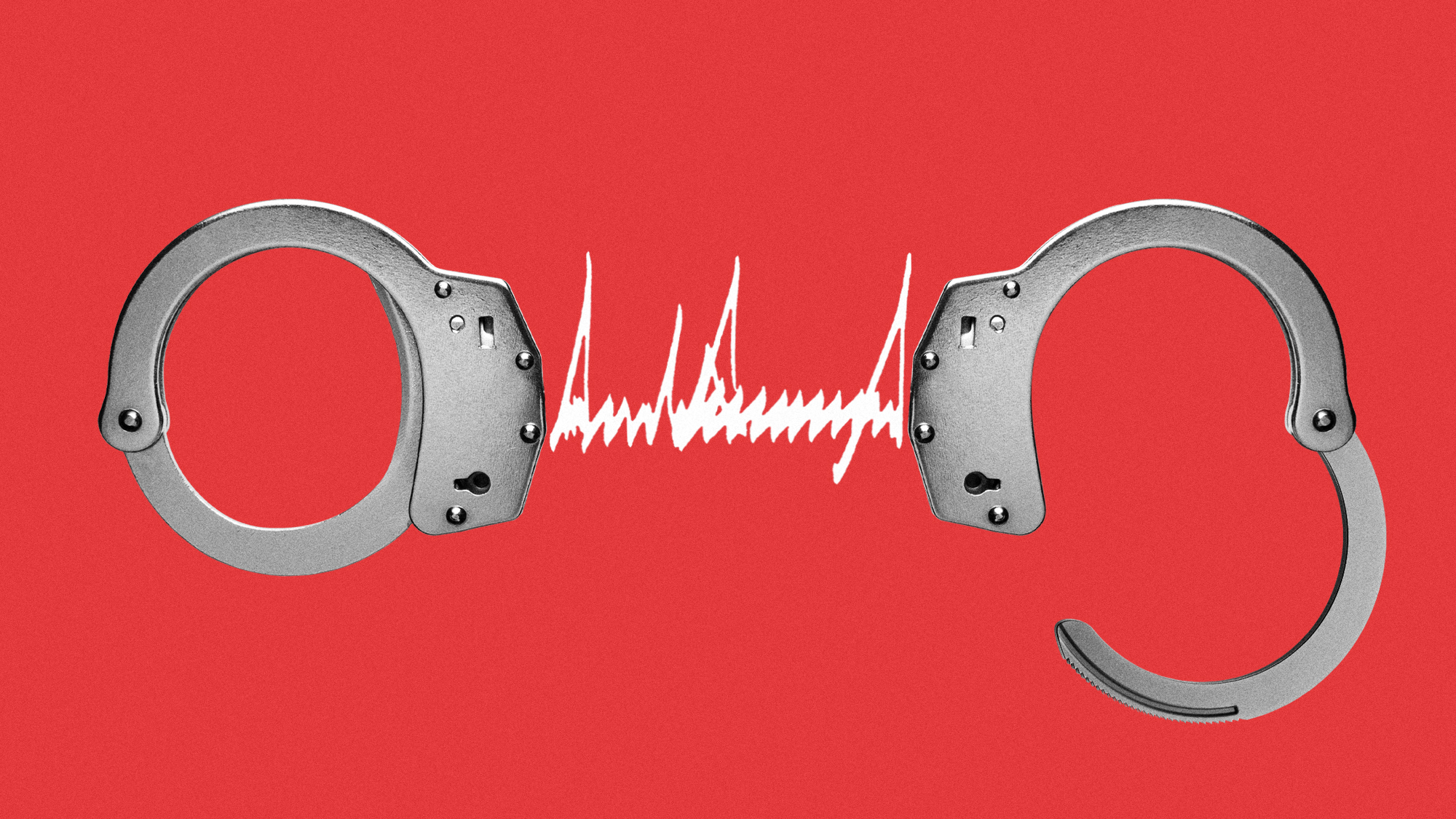 Is it time to rethink the US presidential pardon?
Is it time to rethink the US presidential pardon?Talking Point Donald Trump has taken advantage of his pardon power to reward political allies and protect business associates, say critics
-
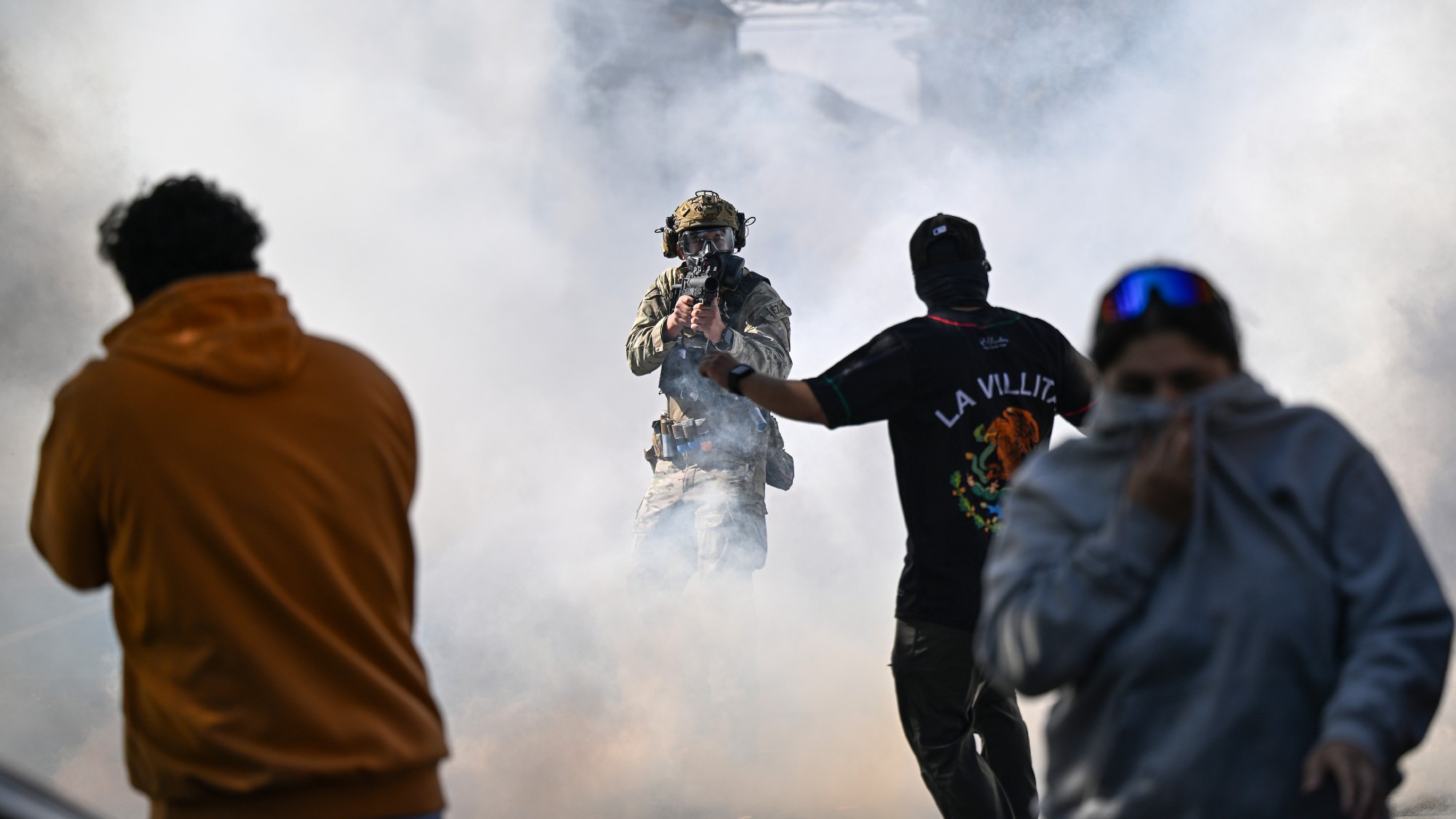 President Trump: ‘waging war’ on Chicago
President Trump: ‘waging war’ on ChicagoTalking Point Federal agents are carrying out ‘increasingly aggressive’ immigration raids – but have sanctuary cities like Chicago brought it on themselves?
-
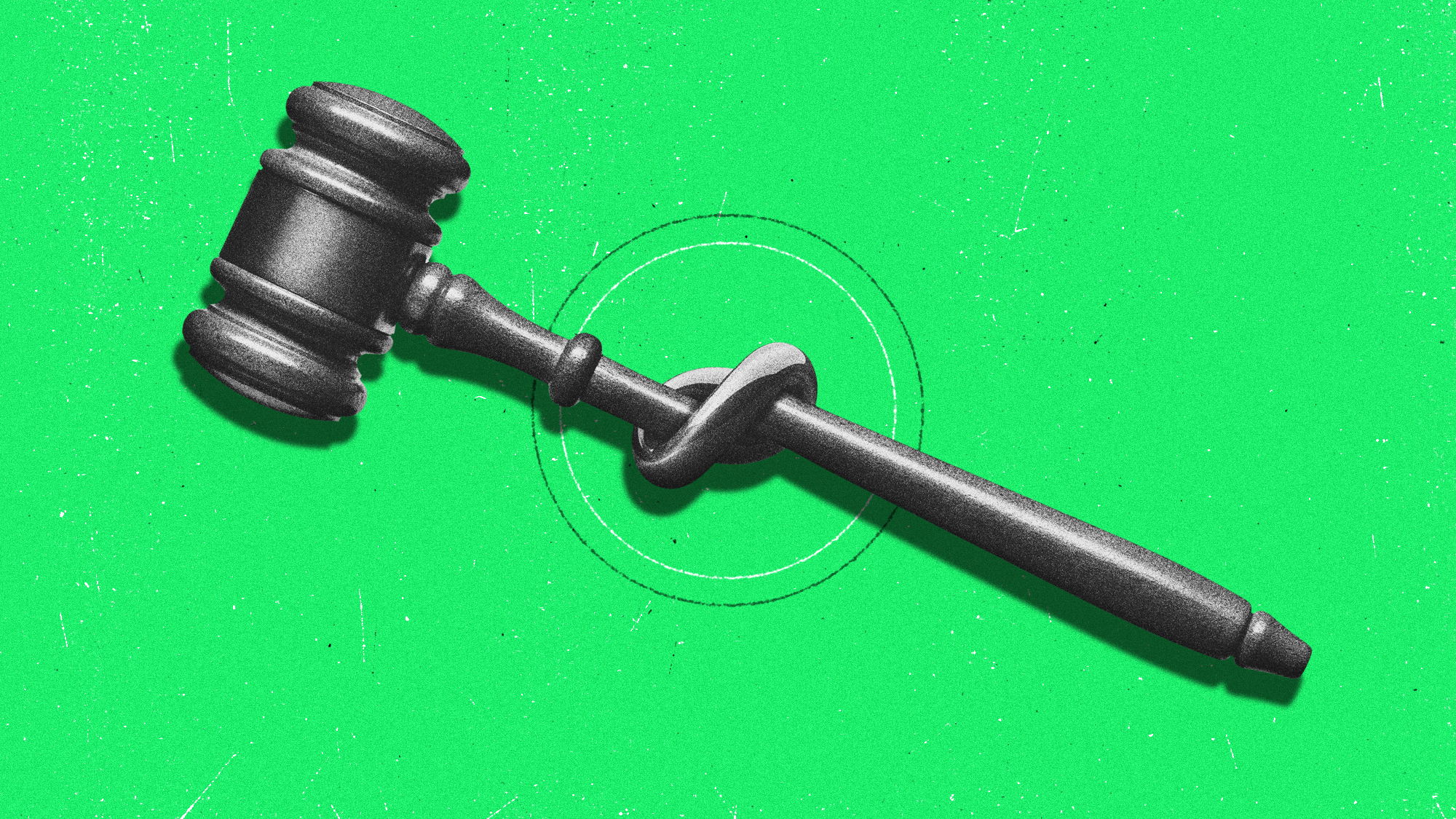 ICC under attack: can court continue to function?
ICC under attack: can court continue to function?Today's Big Question US sanctions 'designed not only to intimidate court officials and staff' but 'also to chill broader cooperation', say rights group
-
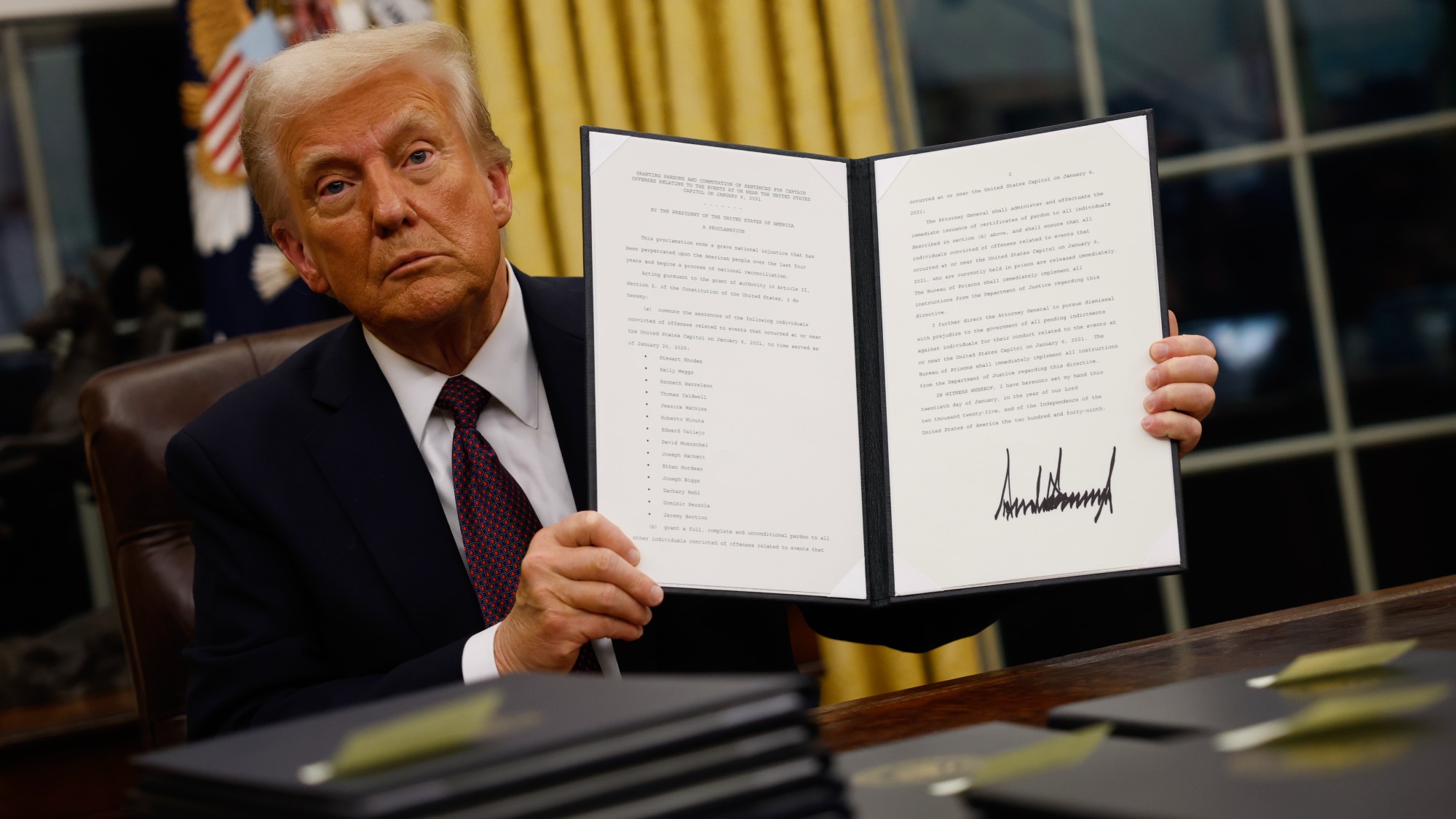 Birthright citizenship under threat in US
Birthright citizenship under threat in USThe Explainer Donald Trump wants to scrap the policy he calls a 'magnet for illegal immigration'
-
 ABC News to pay $15M in Trump defamation suit
ABC News to pay $15M in Trump defamation suitSpeed Read The lawsuit stemmed from George Stephanopoulos' on-air assertion that Trump was found liable for raping writer E. Jean Carroll
-
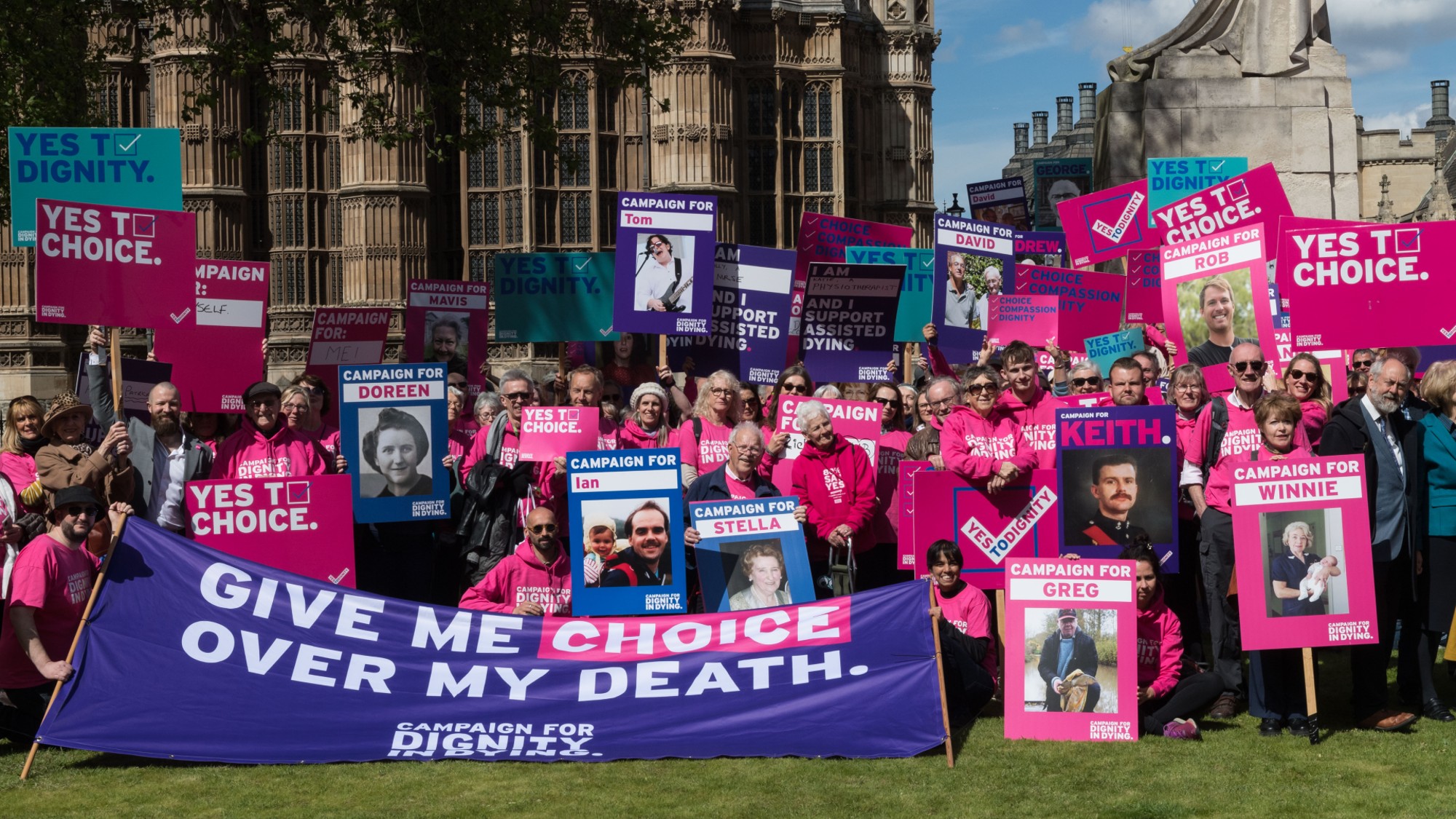 Assisted dying: will the law change?
Assisted dying: will the law change?Talking Point Historic legislation likely to pass but critics warn it must include safeguards against abuse
-
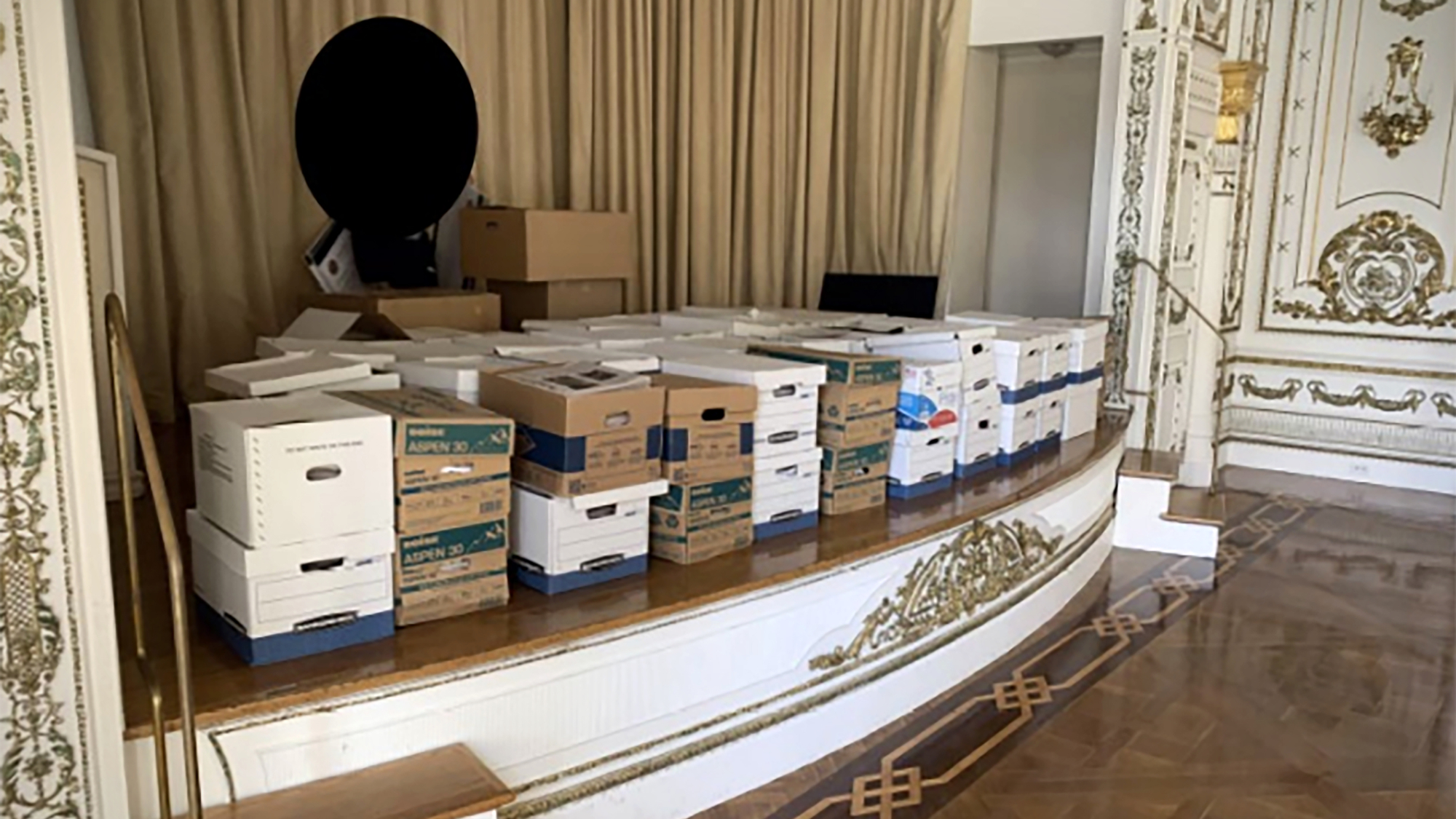 Judge reopens Trump challenge in secrets case
Judge reopens Trump challenge in secrets caseSpeed Read Aileen Cannon continues to delay and complicate the classified documents case